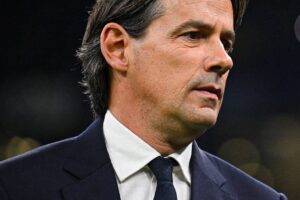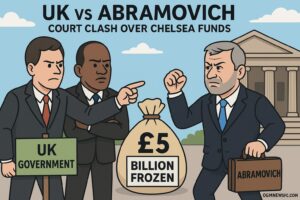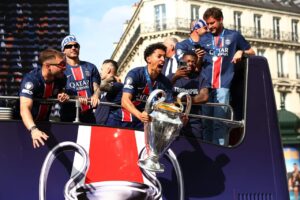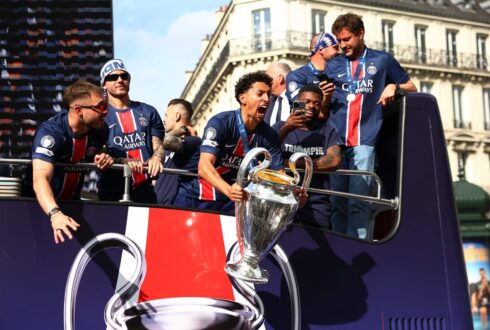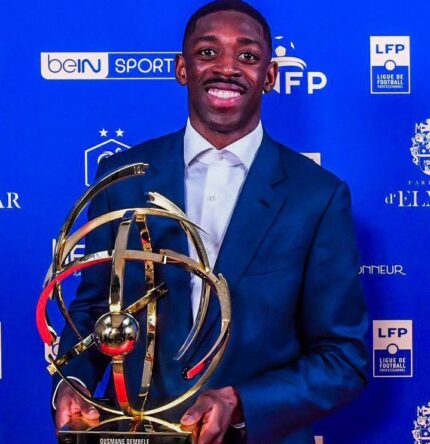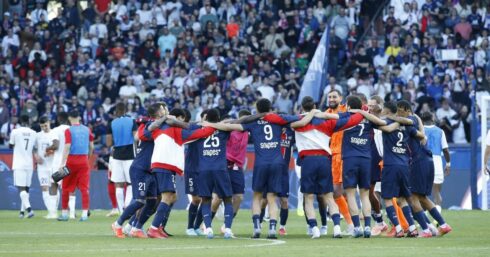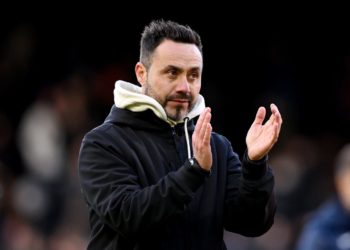Paris Saint-Germain (PSG) made history on Saturday night with a resounding 5-0 win over Inter Milan in the UEFA Champions League final—marking the club’s first-ever triumph in Europe’s top-tier football competition. But scenes of jubilation quickly descended into chaos, as celebrations across France turned violent, resulting in two deaths, hundreds of arrests, and dozens of injuries.
The French Interior Ministry confirmed that a 17-year-old boy was fatally stabbed in Dax, southwestern France, during street festivities. Meanwhile, in central Paris, a 23-year-old man on a scooter was killed after being hit by a car amid the post-match commotion. Both incidents are under investigation, with officials stressing the importance of distinguishing genuine fans from violent agitators.
PSG condemned the violence in a statement, emphasizing that the “isolated acts are contrary to the club’s values and in no way represent the vast majority of our supporters.” French President Emmanuel Macron echoed the sentiment, describing the unrest as “unacceptable” and vowing that perpetrators will be identified and punished.
PSG Parade in the Shadow of Mayhem
Despite the overnight disorder, PSG’s victory parade in Paris went ahead on Sunday with tightened security. Thousands of fans lined the Champs-Élysées as the team rode an open-top bus toward the Arc de Triomphe. Captain Marquinhos lifted the trophy high to the roaring crowd, and players including Ousmane Dembélé and coach Luis Enrique joined in the revelry.
Around 110,000 supporters were permitted to attend the event, with riot police maintaining tight control. Barriers were erected, central Paris roads were closed, and a large number of officers stood between fans and the team to prevent a recurrence of Saturday night’s unrest.
Following the parade, celebrations moved to the Parc des Princes, where fans were treated to a concert and light show. The Eiffel Tower, lit in PSG’s blue and red, became a glowing symbol of triumph—but the memory of the night’s tragic events loomed large.
Nationwide Disorder and Emergency Response
The violence extended beyond the capital. France’s Interior Ministry reported that 559 people were arrested nationwide, including 491 in Paris. At least 192 people were injured, including 22 police officers and seven firefighters. One officer, struck by a firework in Coutances, was placed in an induced coma due to severe eye injuries.
Police responded with tear gas, water cannons, and dispersion grenades to control the unruly crowds. In Grenoble, a car rammed into a group of PSG fans, injuring four family members. Though the driver later surrendered, police believe the act was unintentional.
Paris Police Prefect Laurent Nuñez said the damage was “less than in past events” but nonetheless condemned the destruction. “We will never get used to this kind of abuse, with people who only came to commit acts of vandalism and who did not even watch the match,” he stated.
Looting, Fires, and a Strained Emergency Network
Overnight, parts of Paris turned into battlegrounds. Authorities said 264 vehicles were set ablaze and numerous bus shelters smashed. Rioters also looted several stores, including a Foot Locker on the Champs-Élysées. Firefighters, overwhelmed with emergency calls, struggled to contain multiple garbage fires and property damage.
By 2 a.m. Sunday, 294 arrests had been made. Videos circulating online showed masked individuals throwing projectiles at police, robbing shops, and setting fires. Macron’s administration dispatched 5,400 officers across the capital to maintain order during and after the official celebrations.
The violent fallout of the celebrations disrupted other national events, including the nearby French Open, which was affected by the heavy security and road closures.
Calls for Calm and Reflection Amidst Celebration
As PSG basks in the glory of their historic Champions League victory, the violence that followed has raised serious questions about public safety and event policing in France. Interior Minister Bruno Retailleau called the violent agitators “barbarians” and decried the inability to celebrate “without fearing the savagery of a minority of thugs.”
Despite the turbulence, many fans celebrated peacefully—honking car horns, waving flags, and singing club anthems. Macron, a known fan of PSG’s rival Olympique de Marseille, put rivalries aside to congratulate the team, calling it a “glorious day for PSG” and declaring Paris the “capital of Europe.”
While PSG looks forward to a new era of European dominance, the aftermath of their win underscores the fine line between celebration and chaos—one that France, yet again, has been forced to reckon with.


